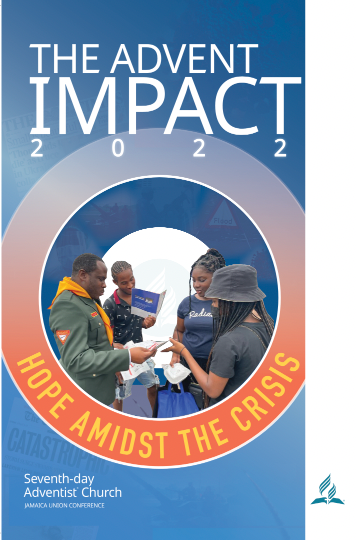Are millennials concerned about human rights, social justice, and religious freedom? The answer may surprise you, according to a panel of young experts, leaders, and activists during a session held at the 8th International Religious Liberty Association World Congress held in Hollywood, Florida, United States, this week.
When it comes to human rights, social justice and religious freedom, Millennials—a generation between 16 and 36–are a force to be reckoned with. Millennials possess certain traits that make them a unique group of people with the potential to create change, panel experts said.
Millennials are multitaskers. They are connected to social media, are tech savvy, they want instant gratification, team collaboration, transparency and like to speak up about issues that can change the world, explained Jiwan Moon, public campus ministries director for the Seventh-day Adventist World Church.
Human rights
“We are a generation trying to fight for the rights and beliefs of others,” said Blayre Marley, a young lawyer from the US state of Maryland. She said millennials are alarmed by the hate crimes in Charlottesville, Virginia, and the more than 143 hate crimes reported in New York City in just the last few months.
“We look at Black Lives Matter, which highlights race relations as a way to promote social justice,” said Marley. Millennials care if people are being fed, care about voting rights, marriage equality, privacy rights, people who come out of prison, refugee rights and genocide. “It’s not just about ourselves,” explained Marley.
“We are a generation here to speak up. We are not a generation to be silenced, and we seek mutual respect,” she added.
Speaking up about causes that matter to millennials can sometimes be misunderstood, said Jabulile Buthelezi, a social activist and communicator from Johannesburg, South Africa. In South Africa, for example, young people have joined university campuses to demonstrate for equal education and better opportunities, explained Buthelezi.


